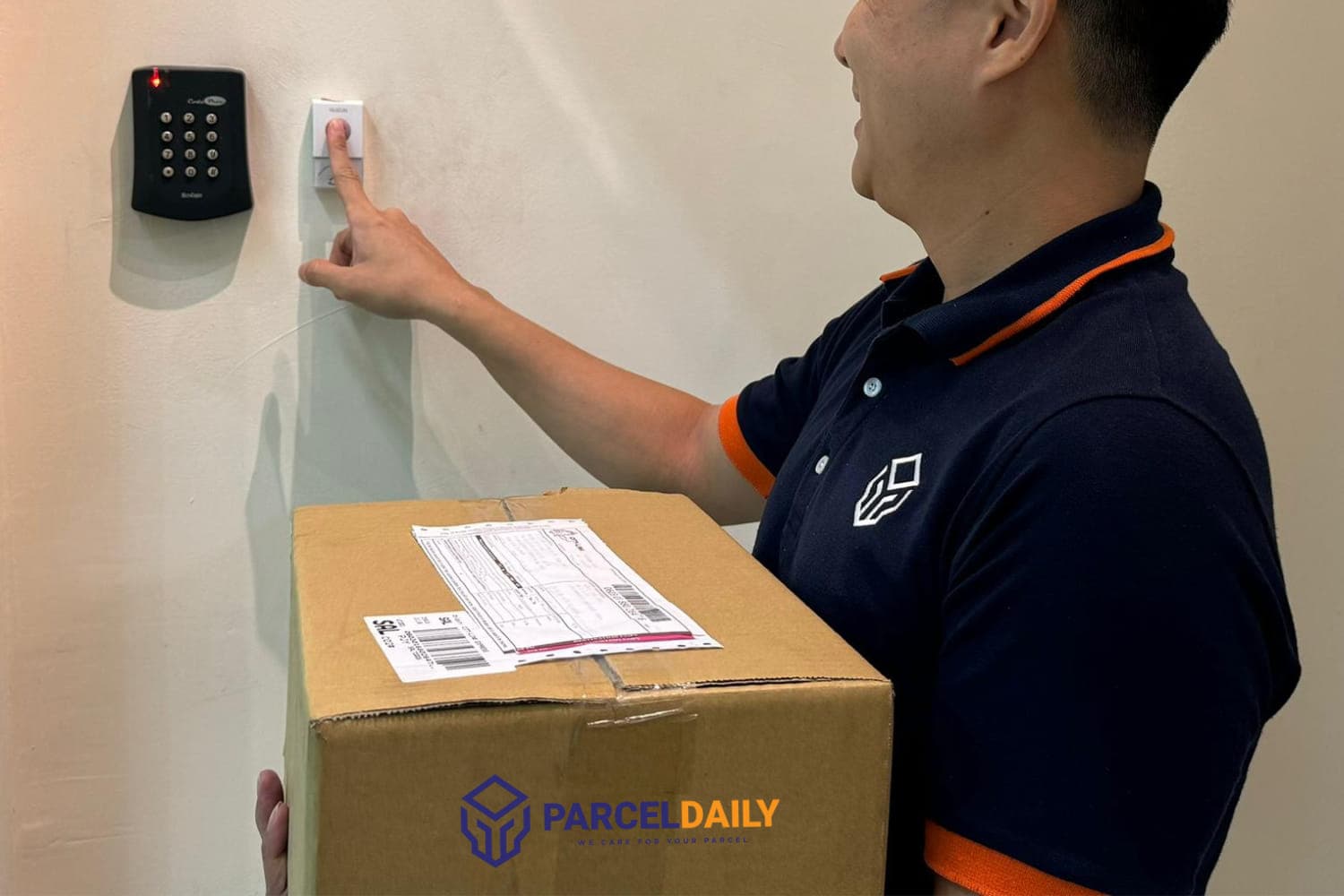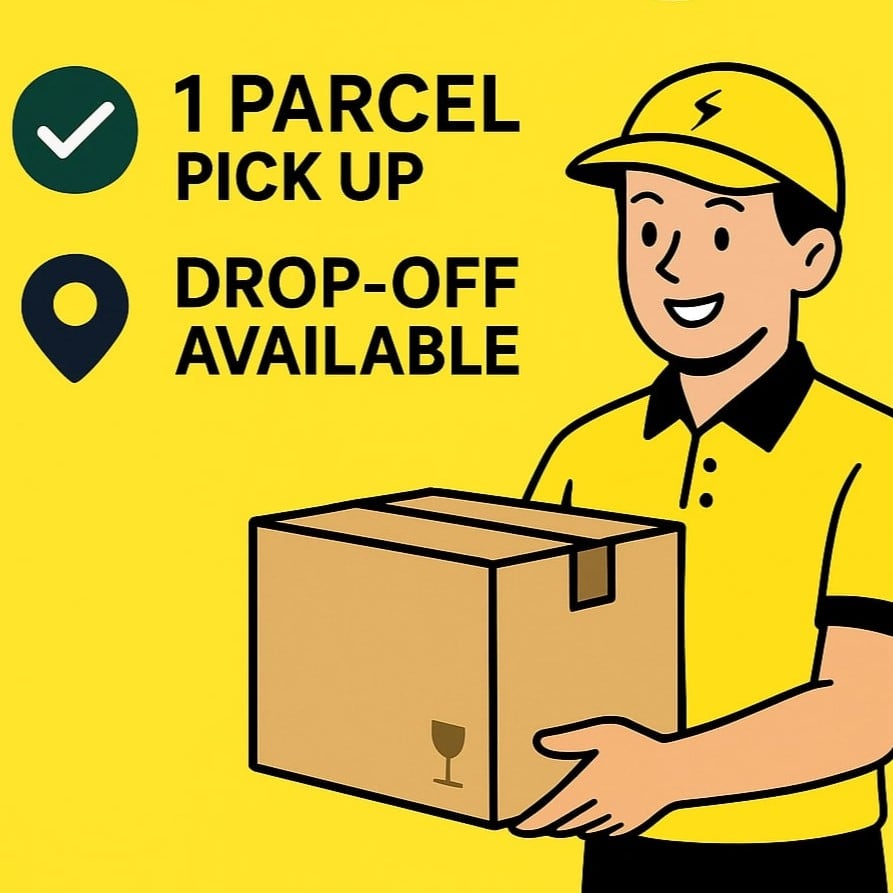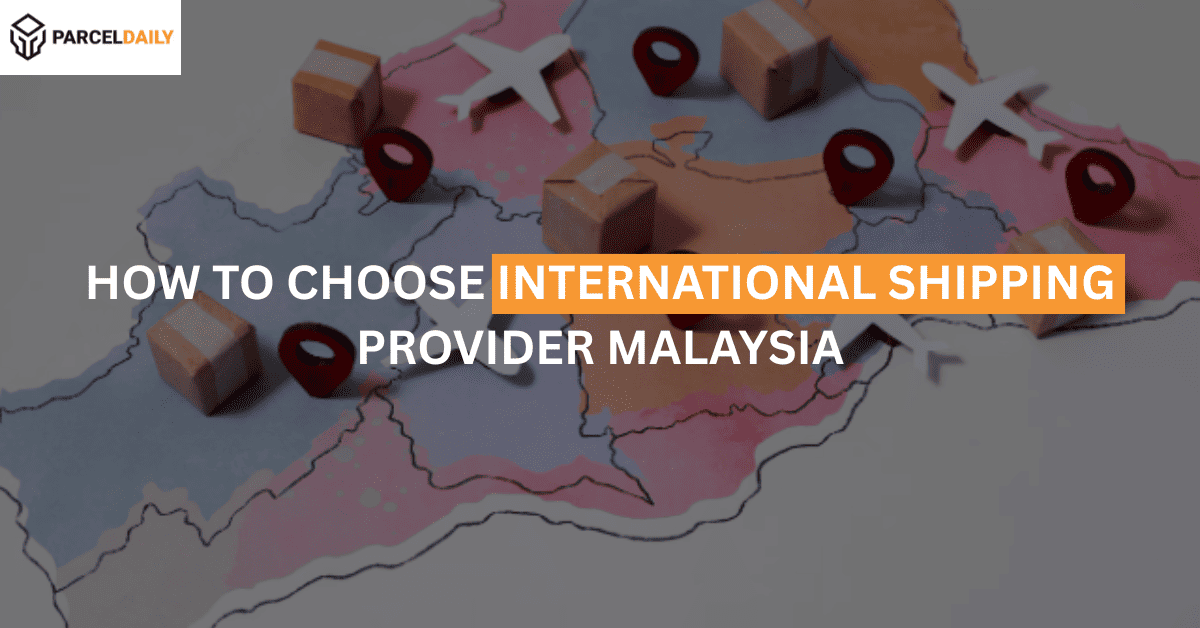Warehouse fulfillment is a crucial component of e-commerce logistics. With the rapid rise of online shopping, businesses must optimize their warehouse operations to meet increasing consumer demands. From inventory management to last-mile delivery, efficient warehouse fulfillment solutions are essential for business success.
Table of Contents
What is Warehouse Fulfillment in E-commerce?
Warehouse fulfillment in e-commerce refers to outsourcing logistics processes such as inventory storage, order processing, packing, and shipping. Instead of managing a warehouse in-house, businesses rely on third-party fulfillment providers to handle their logistics, allowing them to focus on sales and customer service. Warehouse fulfillment solutions optimize operations, ensuring efficient order management and customer satisfaction.
Key Components of a Warehouse Fulfillment Solution
1. Inventory Management
Real-time tracking and stock level monitoring help prevent overstocking or stockouts, ensuring seamless business operations.
2. Order Processing
Picking, packing, and preparing items for shipment are streamlined using automation and fulfillment center expertise.
3. Shipping and Delivery
Partnering with courier services ensures reliable and cost-effective order fulfillment, improving delivery speed.
4. Returns Management
Handling product returns and customer refunds efficiently reduces disruptions and enhances the customer experience.
Why Businesses Need Warehouse Fulfillment Solutions for E-commerce
Outsourcing fulfillment allows e-commerce companies to scale faster, reduce operational costs, and improve delivery times. According to DHL, “Online shop owners do not always have their own warehouse. Managing and maintaining such space is quite expensive and not always cost-effective.” This is why many e-commerce businesses choose to outsource fulfillment instead of maintaining in-house logistics.
Advantages of Outsourcing Warehouse Fulfillment
1. Cost Savings
Outsourcing warehouse fulfillment eliminates the need for warehouse rentals, staffing, and inventory software, saving significant operational costs.
2. Faster Order Processing
With automated warehouses and trained staff, fulfillment centers speed up order processing, ensuring timely deliveries.
3. Scalability
E-commerce businesses can scale effortlessly, adjusting inventory and logistics based on demand fluctuations.
4. Global Reach
With fulfillment partners operating in multiple regions, businesses can expand globally without setting up warehouses in different countries.
Choosing the Right Warehouse Fulfillment Partner
When selecting a fulfillment provider, consider:
- Technology Integration – Seamless integration with e-commerce platforms for real-time data tracking.
- Courier Partnerships – Reliable and affordable shipping options to improve delivery efficiency.
- Service Flexibility – Ability to handle peak season surges and custom order requirements.
Conclusion
A warehouse fulfillment solution for e-commerce is a game-changer for businesses looking to optimize logistics, reduce costs, and enhance customer satisfaction. Whether you’re a startup or a growing online store, outsourcing fulfillment can help you focus on what matters most—growing your business.
By leveraging expert logistics providers, you gain access to advanced technology, cost-effective shipping, and seamless inventory management. Investing in the right fulfillment solution is the key to long-term e-commerce success.




